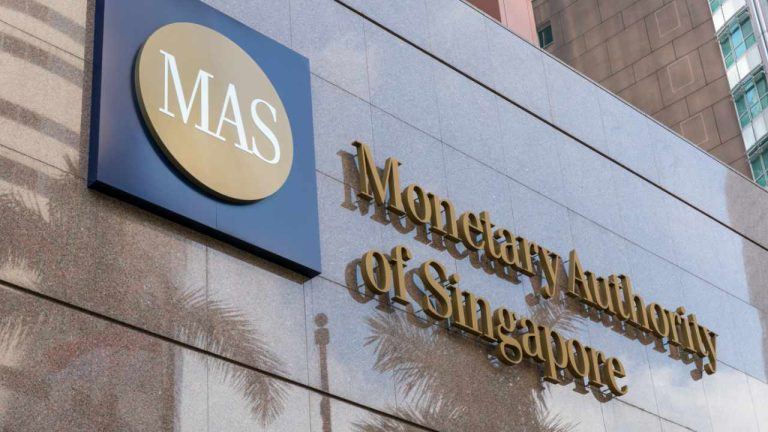
Singapore's regulatory landscape for the cryptocurrency industry is undergoing significant changes, as the Monetary Authority of Singapore (MAS) issued clarifications on June 6 regarding the scope and application of its licensing mandate for crypto providers. This move has put offshore-only crypto providers in the country on high alert, pushing them into an urgent compliance mode to meet the looming deadline of June 30.
The new licensing mandate by MAS is aimed at regulating and supervising the activities of cryptocurrency providers to ensure compliance with anti-money laundering (AML) and countering the financing of terrorism (CFT) regulations. This regulatory push is part of Singapore's broader efforts to enhance consumer protection and safeguard the integrity of its financial system in the rapidly evolving digital asset landscape.
Offshore-only crypto providers, which have been operating in Singapore without regulatory oversight, are now facing the challenge of adapting to the new regulatory requirements or risk being cut off from the local market. These providers must swiftly navigate the complex regulatory framework set by MAS to secure the necessary licenses to continue offering their services in Singapore legally.
Failure to comply with the licensing mandate could result in severe consequences for offshore-only crypto providers, including hefty fines, regulatory sanctions, or even forced shutdown of operations in Singapore. As a result, many offshore-only providers are scrambling to meet the compliance deadline, seeking legal advice, and engaging with regulatory authorities to ensure they meet the necessary standards.
The urgency of the situation has sparked a compliance race among offshore-only crypto providers in Singapore, as they strive to demonstrate their commitment to regulatory compliance and transparency. This race against time has put a spotlight on the importance of regulatory compliance and risk management within the cryptocurrency industry, underscoring the need for robust governance and control measures to operate in a regulated environment.
While the regulatory landscape for cryptocurrency providers in Singapore is evolving rapidly, the MAS has emphasized the importance of striking a balance between promoting innovation in the digital asset space and safeguarding against potential risks such as money laundering and terrorist financing. By enforcing licensing requirements and imposing regulatory obligations on crypto providers, MAS aims to create a more secure and resilient ecosystem for digital asset trading and tokenized finance in Singapore.
In conclusion, the deadline of June 30 has set off a compliance frenzy among offshore-only crypto providers in Singapore, highlighting the growing importance of regulatory compliance in the cryptocurrency industry. As the regulatory environment continues to evolve, crypto providers must adapt quickly to meet the changing requirements and ensure their long-term sustainability in the market.

Leave a Reply